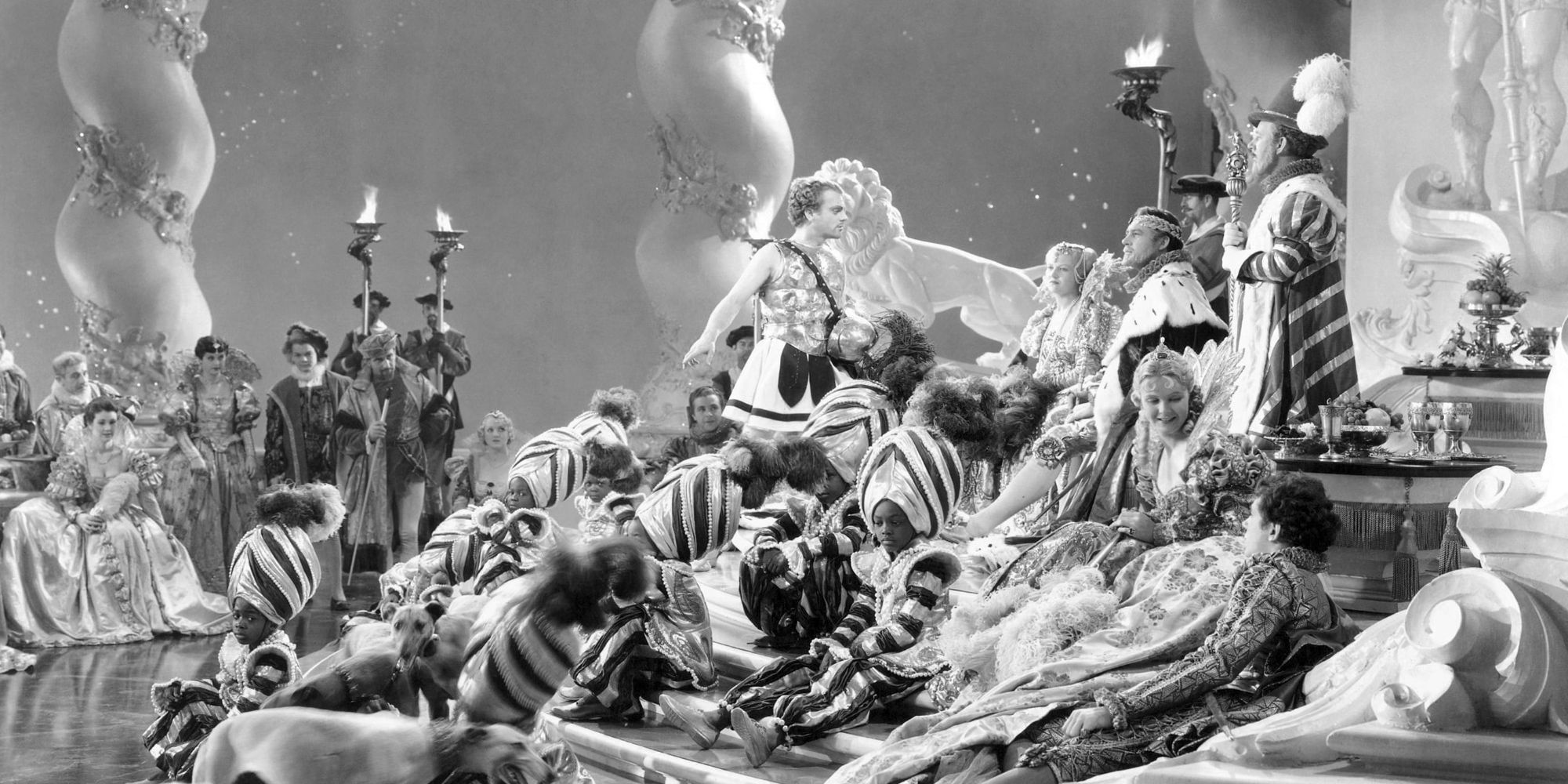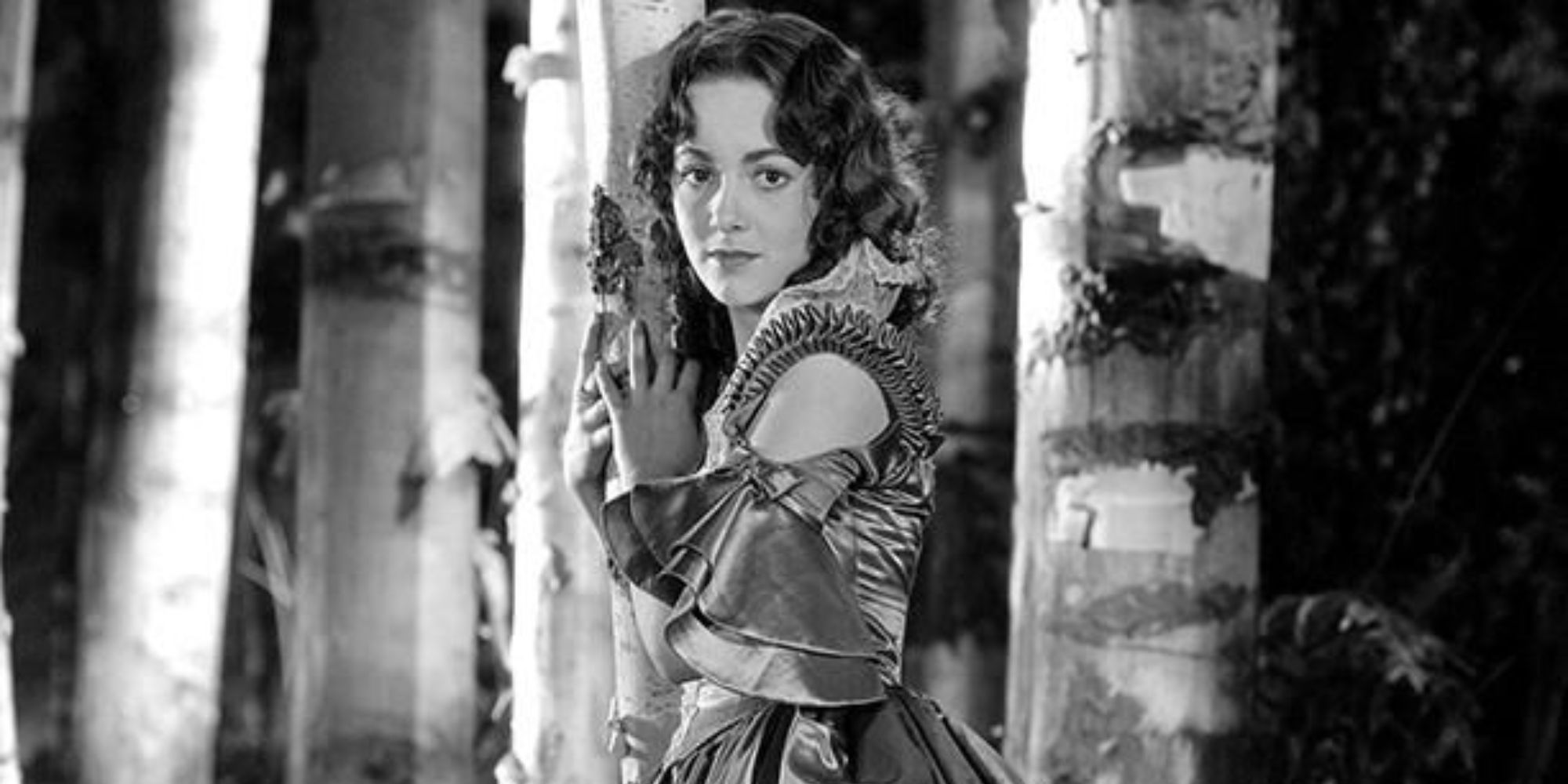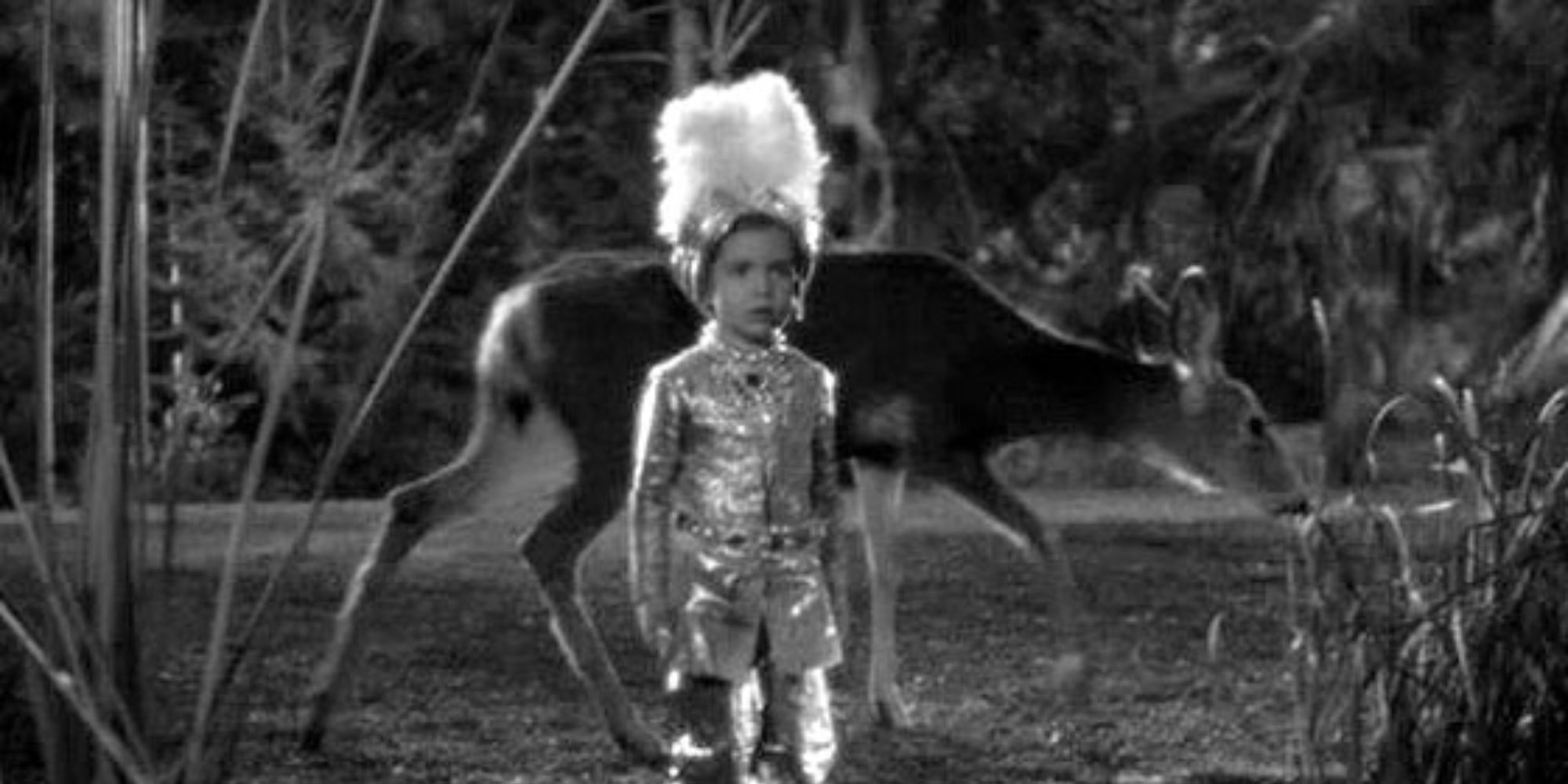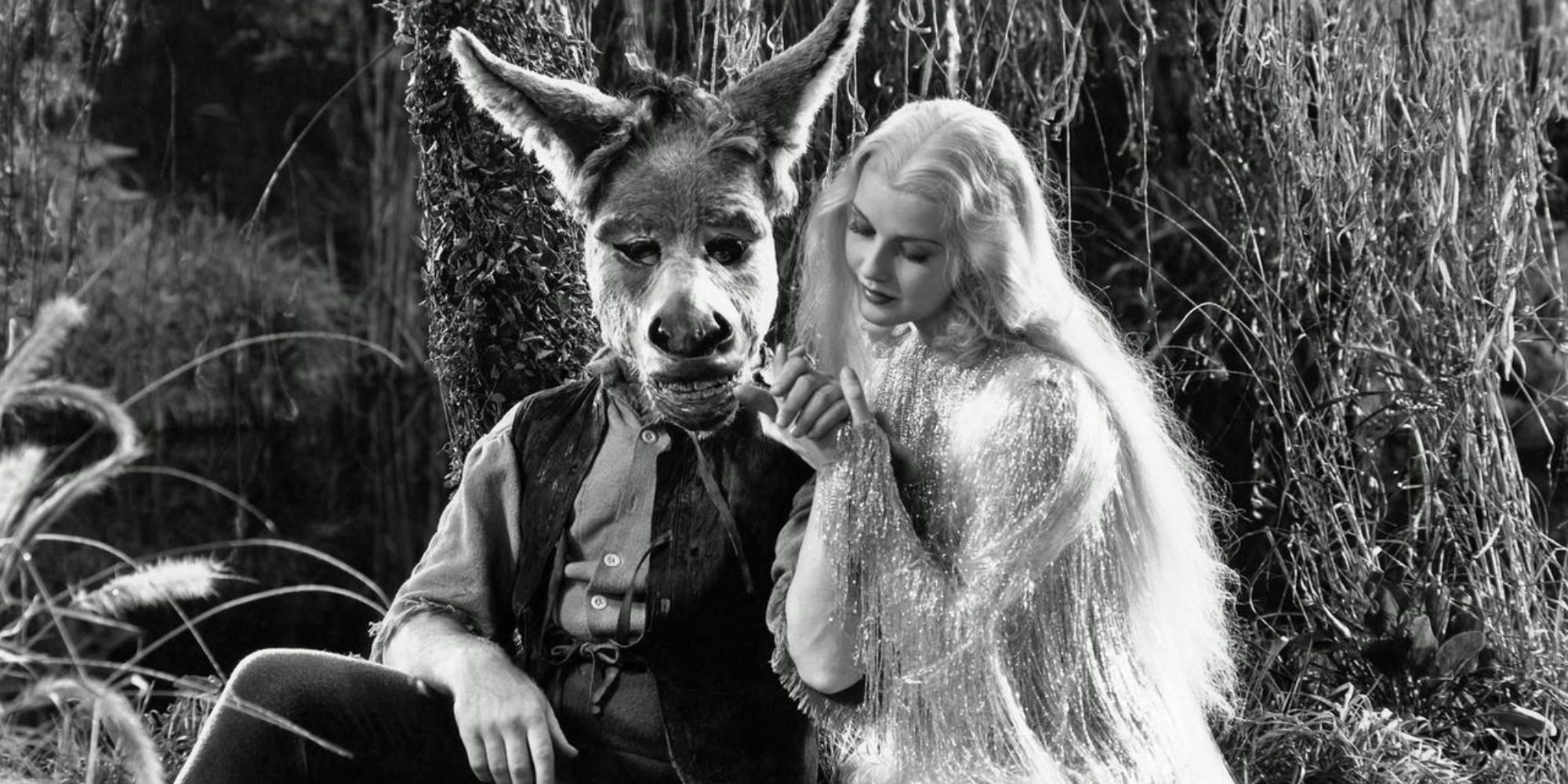
The Controversial Victory: The Oscar Win Without a Nomination

An in-depth look at the unique victory of A Midsummer Night's Dream at the 8th Academy Awards
The Unprecedented Victory
It is considered an honor to win at the Oscars, but 88 years ago, one person managed to win the prestigious award without receiving a nomination. For a brief time during the early years of the award ceremony, the Academy initiated a new system of voting after receiving controversy for ignoring certain performances for nominations. One film involved in this unique voting system was the 1935 film, A Midsummer Night's Dream.
A Still from A Midsummer Night's Dream 1935
Adapted from the play by William Shakespeare, A Midsummer Night's Dream looks at the adventures of four young lovers and a troupe of actors who find themselves in a forest inhabited by fairies. The movie starred Dick Powell, Mickey Rooney, and Olivia de Havilland in her first starring role. It won 2 Academy Awards in 1936, but one of its awards was received thanks to a campaign implemented at the previous year's ceremony by a Hollywood legend.
olivia-de-havilland-in-a-midsummer-nights-dream-1935
The Unexpected Triumph
Hal Mohr was honored by the Academy thanks to a unique campaign. While the 1935 film received a mixed reception upon release, with criticism directed towards its cast and performances, it has since been regarded as one of the best adaptations of the classic play. The dance sequences, musical soundtrack, and cinematography were highly praised for giving a believable interpretation of Shakespeare's comedy. It received four Academy Award nominations in 1936, and won two for Best Art Direction and Best Cinematography; however, it only won Best Cinematography thanks to a unique voting system that had been implemented the year prior.
Still from 1935 A Midsummer Night's Dream
Hal Mohr was one of several write-ins at the 8th Academy Awards in 1936; the Academy had initiated this campaign in 1935, after facing severe backlash for snubbing Bette Davis for a nomination for her performance in Of Human Bondage. In response, the Academy allowed voters to write in their own nominations and Davis was later added to the list of 1935 Best Actress nominees; she ultimately lost out to Claudette Colbert for her performance in It Happened One Night.
Hal Mohr with an Academy Award
The Aftermath and Legacy
While there were five write-in nominations at the 8th Academy Awards, Hal Mohr was the only one to win an Oscar. His win at the ceremony in 1936 forced the Academy to make further changes in its voting system. After Mohr's win at the 8th ceremony, technical workers felt that write-in campaigns made it too easy to manipulate the voting system and could potentially undercut the honor of winning an Oscar in later years. The Academy agreed, and in 1937, the decision was made to ban write-in votes for good.
A Midsummer Night's Dream
Despite the controversy surrounding his win, Hal Mohr continued to have a very successful career in cinematography. In 1944, he won his second Academy Award in cinematography for his work in The Phantom of the Opera with W. Howard Greene; he later received another nomination in 1953 for The Four Poster. However, his win at the 8th Academy Awards using write-in, remains one of the most controversial events in the history of the Oscars, more than eight decades later.
a-midsummer-nights-dream-1935













